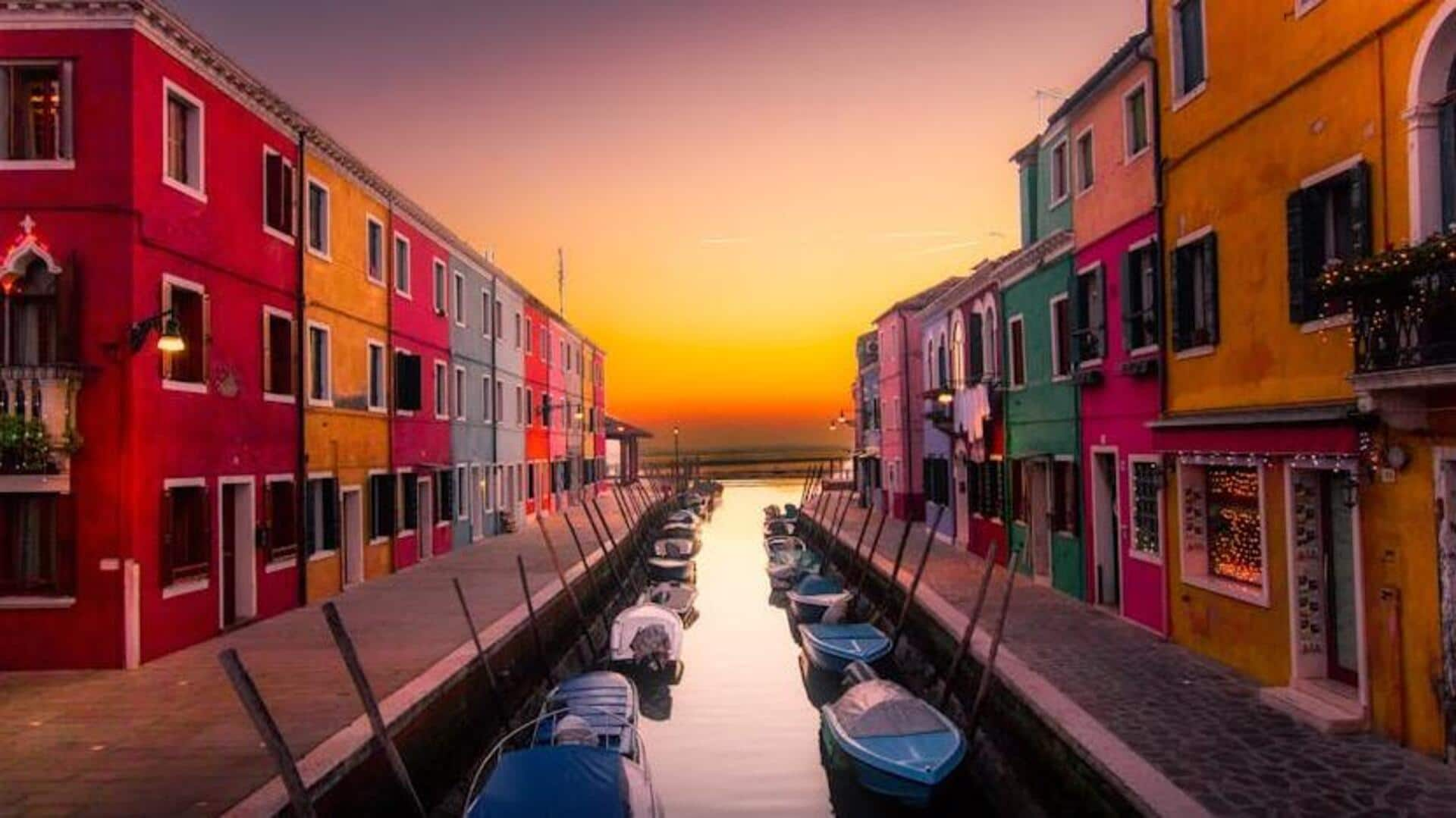
Unveiling Venice's canal myths
What's the story
Venice, a city famed for its intricate waterways and historic architecture, is often shrouded in myths, especially about its canals. These waterways, which serve as streets in this unique city, are central to its charm and mystery. Let's navigate through the mist of tales to uncover the truths that lie beneath the surface of Venice's iconic canals.
Odor reality
Myth 1: The canals always smell bad
Many believe Venice's canals always emit an unpleasant odor. This is partly true during hot months when seaweed decomposes in the sun, releasing a slight scent. However, Venice has significantly improved cleanliness through modern efforts. The city implemented efficient water circulation and waste management systems, making the occurrence of bad smells much less common than commonly perceived.
Gondola facts
Myth 2: Gondola rides are overpriced tourist traps
Many believe that gondola rides are nothing more than pricey tourist attractions without authentic value. However, these rides offer a glimpse into Venice's historical mode of transportation and provide unique perspectives of the city not visible from its alleyways or bridges. Prices are regulated by the city government, ensuring they reflect both the cultural heritage and craftsmanship involved in gondoliering.
Natural origins
Myth 3: The canals are man-made
A widespread myth is that Venice's canals were entirely man-made. In reality, while Venetians did modify some natural watercourses for navigation and protection purposes, many of Venice's smaller canals follow natural channels formed by rivers flowing into the lagoon hundreds of years ago. This blend of human ingenuity with nature's layout contributes to the city's magical ambiance.
Navigational tips
Myth 4: It's impossible to navigate without getting lost
The belief that Venice's layout makes it impossible to navigate without getting lost is misleading. Its maze-like structure, not the canals, causes confusion. Yet, landmarks such as the Rialto Bridge and St. Mark's Square help visitors orient themselves. Additionally, modern maps on smartphones facilitate exploration. Occasionally losing one's way might enhance the adventure, but regaining direction is easier than many expect.